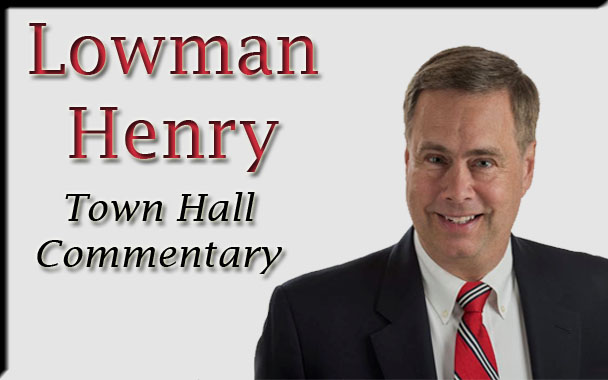Blessing or Curse? GOP Ponders Large Field of Gubernatorial Candidates

On a frigid Saturday in January as most Pennsylvanians settled in for a long Martin Luther King Day weekend, few were thinking of a primary election currently scheduled for a warmer day in May. But the official process of selecting the next Governor of Pennsylvania got underway at a suburban Harrisburg hotel where Republicans began vetting a field of 16 candidates.
It will take some time, likely until Primary Election Day, for the historically large GOP field to be narrowed to just one nominee. Meanwhile, state Democrats have one lone contender, Attorney General Josh Shapiro, who will advance to the General Election barring a political development of epic proportions.
The large, and highly accomplished, Republican field is reflective of deep optimism in GOP ranks that 2022 is going to be a “wave” election year. In political terms “wave” means a national tide that sweeps one party or the other into offices at all levels.
Events of the past few weeks have given energy to the building “red” wave. President Joe Biden is ending his first year in office with barely a third of the nation approving of his job performance. Inflation is at a 40 year high, COVID-19 is running amuck, Biden remains tarnished by his chaotic surrender in Afghanistan, while Russia and China appear poised to present major foreign policy challenges.
Here in Penn’s Woods incumbent Governor Tom Wolf is likewise unpopular as his administration has botched handling everything from the pandemic response to elections. Wolf suffered a historic rebuke last May as voters took the extraordinary step of amending the state constitution to bring an end to his emergency powers which most had come to view as harmful and draconian.
With those millstones around his neck, Shapiro will need the perceived advantage of an uncontested primary just to remain competitive. The big question is: will the GOP be disadvantaged by taking until the primary for the large field of Republican candidates to narrow to one nominee?
Much of course depends on how the candidates conduct themselves. To date they have trained their fire on the Wolf/Shapiro administration. The lack of a front-runner leaves Shapiro with no target to attack. But, if the GOP primary turns fractious, that advantage will be neutralized.
Let’s turn to history as a guide.
In the modern political era, which would be since adoption of the current state constitution in 1968, there have been two gubernatorial elections in which Republicans were faced with a large field of candidates – although as noted not as large as this year.
In 1978, the first two-term Governor, Milton Shapp, was leaving office after having run an administration noted mostly for corruption. This had given rise to Republican hopes and seven candidates appeared on the Primary ballot.
The field was largely distinguished and included Arlen Specter who would go on to become a long-serving U.S. Senator, the state Senate Minority Leader Henry Hagar, Robert Butera the Republican leader in the state House, former U.S. Attorney for the Southeastern District of Pennsylvania David Marston. And Alvin Joseph Jacobson, a former psychiatric patient who campaigned on having been medically diagnosed as sane.
The primary was won by Richard Thornburgh, the former U.S. Attorney for Western Pennsylvania who then triumphed over Pittsburgh Mayor Peter Flaherty by campaigning to clean up the corruption that had festered under Shapp. He then proceeded to do just that.
In 1994 Republicans again had a large field of candidates from which to select. And again, the field was distinguished. It included Mike Fisher who had previously been nominated for Lt. Governor and who years later would become the GOP gubernatorial nominee; Attorney General Ernie Preate, former Philadelphia Mayoral nominee Sam Katz, State Senator and former state GOP party Chairman Earl Baker, and others. Congressman Tom Ridge from Erie prevailed in the primary contest and went on to defeat Lt. Governor Mark Singel in the General Election.
It is true in each of those years Democrats had their own primary battles. But the end result was the primary contest built the ultimate GOP nominee into being a contender. The current crop of Republican gubernatorial candidates lacks statewide name ID, but Tom Ridge began the 1994 campaign self-described as the “man nobody knew from a city nobody has been to.” By November everybody knew who Tom Ridge was, the next Governor of Pennsylvania.
It is a long way to May, and even longer to November. As history has shown, competitive primaries may or may not be a pathway to victory, but neither are they a roadblock.
(Lowman S. Henry is Chairman & CEO of the Lincoln Institute and host of the weekly American Radio Journal and Lincoln Radio Journal. His e-mail address is [email protected].)
Permission to reprint is granted provided author and affiliation are cited.






